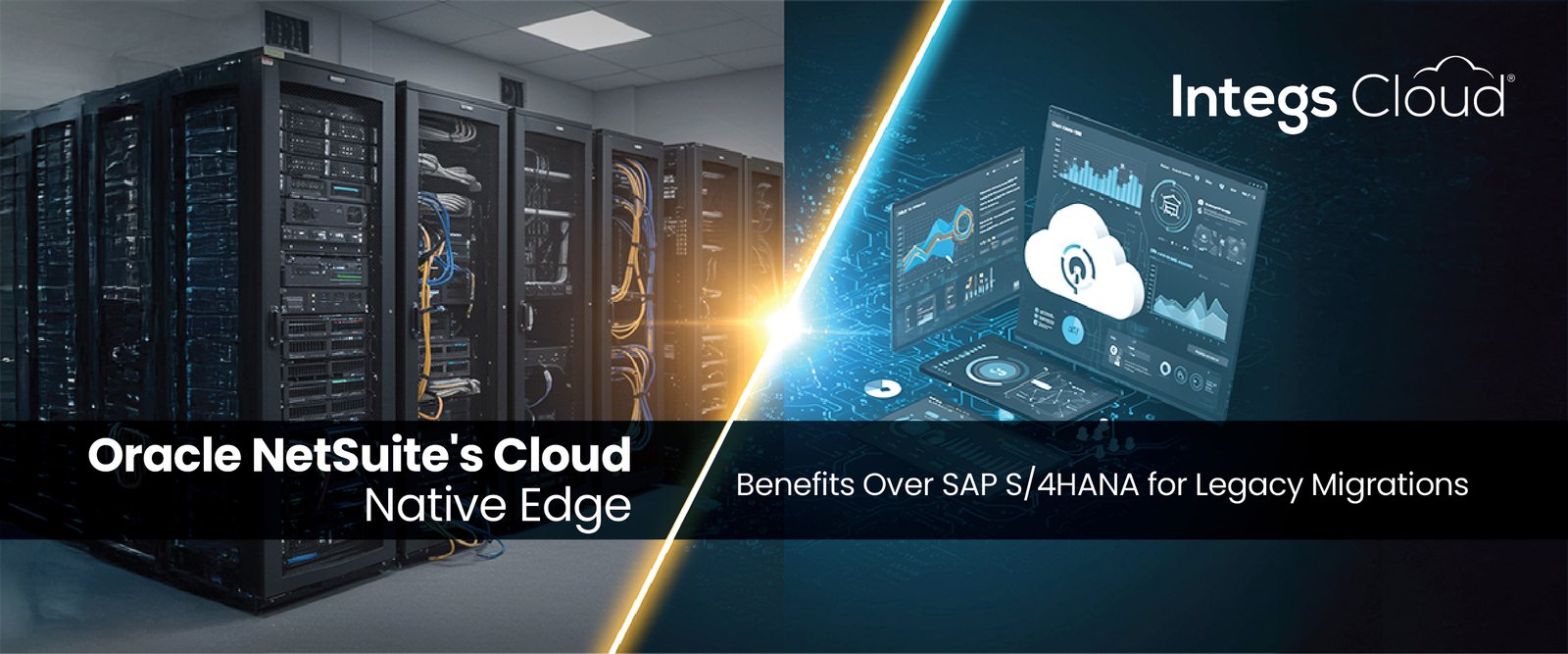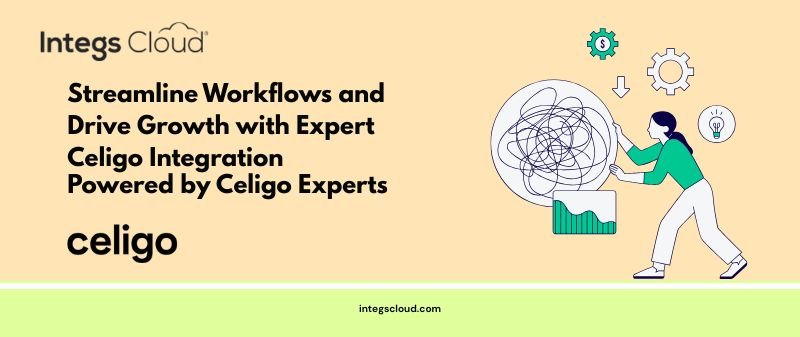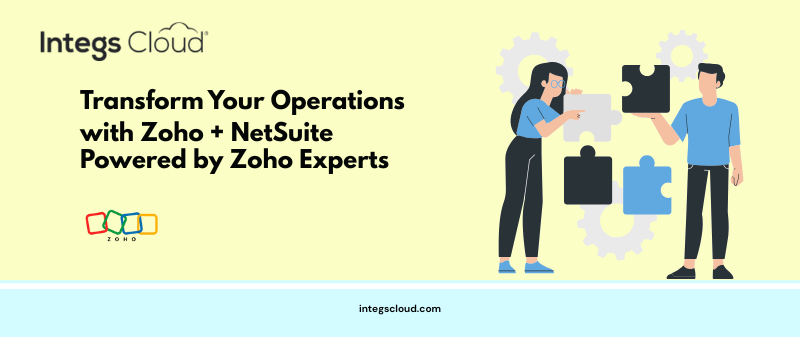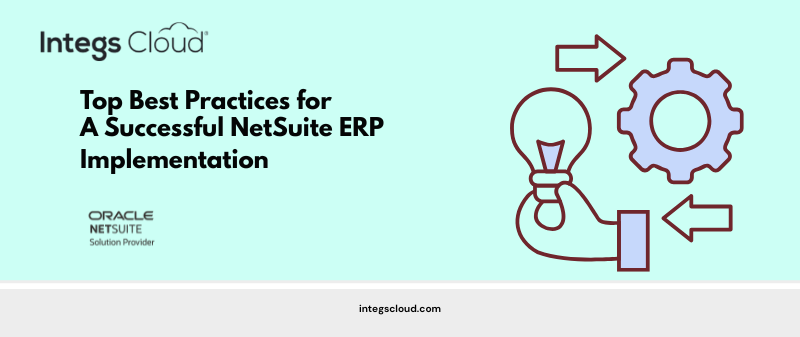As your business plans its next phase of growth, choosing the right ERP system is critical. Two of the most prominent contenders – Oracle NetSuite and SAP S/4HANA – offer robust capabilities but differ significantly in architecture, implementation models, and suitability for businesses of varying sizes.
In this blog, we’ll explore:
The key differences between NetSuite vs SAP S/4HANA
Which ERP best aligns with your growth plans and operational needs
Strategic considerations to guide your ERP selection
Understanding the Platforms
Oracle NetSuite is a 100% cloud-native ERP, built from the ground up as a SaaS (Software-as-a-Service) platform. It unifies ERP, CRM, HR, project management, and eCommerce on a single database, offering real-time global visibility. Its architecture eliminates legacy overhead, simplifying IT management and providing instant access to the latest features.
SAP S/4HANA, on the other hand, is SAP’s next-generation ERP built on the HANA in-memory database. While it can be deployed in the cloud, many implementations still rely on hybrid or on-premise models—resulting in higher infrastructure management needs and greater deployment complexity compared to a pure cloud-native solution.
Implementation Timeline and Complexity
A major difference between these platforms is the speed and complexity of deployment.
NetSuite: Typically deployed in 3-6 months, accelerated by SuiteSuccess—NetSuite’s industry-specific, pre-configured templates designed for faster go-live and a quicker ROI.
SAP S/4HANA: Implementations often span 12-18+ months, involving extensive process re-engineering, complex integrations, and significant technical setup.
For companies seeking rapid deployment with minimal business disruption, NetSuite offers a clear advantage in achieving faster time-to-value.
Cost and Total Cost of Ownership (TCO)
ERP cost goes far beyond licensing. It includes infrastructure, upgrades, maintenance, and internal IT resource demands.
NetSuite: Operates on a subscription-based pricing model, with lower upfront investment and predictable long-term costs. Biannual automatic upgrades are included, avoiding extra charges.
SAP S/4HANA: Typically involves higher upfront licensing and implementation costs. Infrastructure requirements and manual upgrade cycles often result in significant additional expenses.
If your business prioritizes cost efficiency and scalability, NetSuite’s model supports long-term value with a lower and more predictable TCO.
Global Business Management
Managing operations across multiple countries? Here’s how each ERP compares:
Oracle NetSuite: Includes native OneWorld functionality, enabling multi-currency, multi-country operations with tax compliance and financial consolidation out of the box.
SAP S/4HANA: Supports global business operations, but often requires additional modules, configurations, or separate instances for full multi-entity consolidation and compliance.
Customization and User Experience
Ease of customization and user adoption impact operational success.
NetSuite: Offers user-friendly customization with SuiteScript and SuiteBuilder tools. Its modern, drag-and-drop interface and low-code capabilities make it accessible even to non-developers, enhancing user adoption.
SAP S/4HANA: Customizations rely on ABAP or SAP’s Business Technology Platform (BTP), requiring more technical expertise. While SAP Fiori provides a modern UI for some areas, legacy interfaces still persist, potentially complicating the user experience.
Upgrade Process and Innovation
Keeping your ERP updated is essential for innovation and compliance.
NetSuite: Delivers biannual automatic upgrades, ensuring all customers are always on the latest version—without disruption, downtime, or additional project costs.
SAP S/4HANA: Upgrades are typically manual, resource-intensive, and may require significant system testing to maintain compatibility with existing customizations and integrations.
Scalability and Ideal Fit
| Feature | Oracle NetSuite | SAP S/4HANA |
|---|---|---|
| Scalability | Easily scales with business growth-adds new entities, teams, or geographies without reimplementation. | Scales well for large enterprises but often demands greater investment, infrastructure, and support. |
| Best For | SMBs, mid-market firms, and fast-growing global companies needing unified cloud operations. | Large enterprises with extensive IT teams and highly complex or industry-specific customization needs. |
Final Decision – Which ERP Is Right for You?
Choosing between NetSuite and SAP S/4HANA comes down to your organization’s growth goals, agility needs, budget, and available resources.
If your business is looking for:
Faster implementation and quicker ROI
Predictable, lower long-term costs
Cloud-native architecture with automatic upgrades
A unified, integrated suite across finance, CRM, HR, projects, and eCommerce
Simplicity, scalability, and rapid user adoption
Then Oracle NetSuite ERP emerges as the strategic ERP of choice – offering the modern agility and cost-effectiveness needed for business growth.
How Integs Cloud Can Help
At Integs Cloud, we specialize in helping organizations make the right ERP choice—and transition smoothly to Oracle NetSuite.
We provide:
Strategic ERP consultation aligned with your business goals
SuiteSuccess-based deployment for fast and efficient go-lives
End-to-end data migration and system integration
Tailored training and change management to drive adoption
Whether you’re evaluating options or ready to migrate, Integs Cloud ensures your ERP journey delivers true business value.
Contact us today for a personalized consultation and ERP roadmap.



